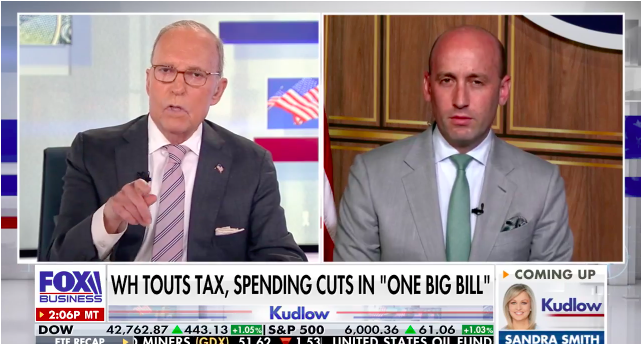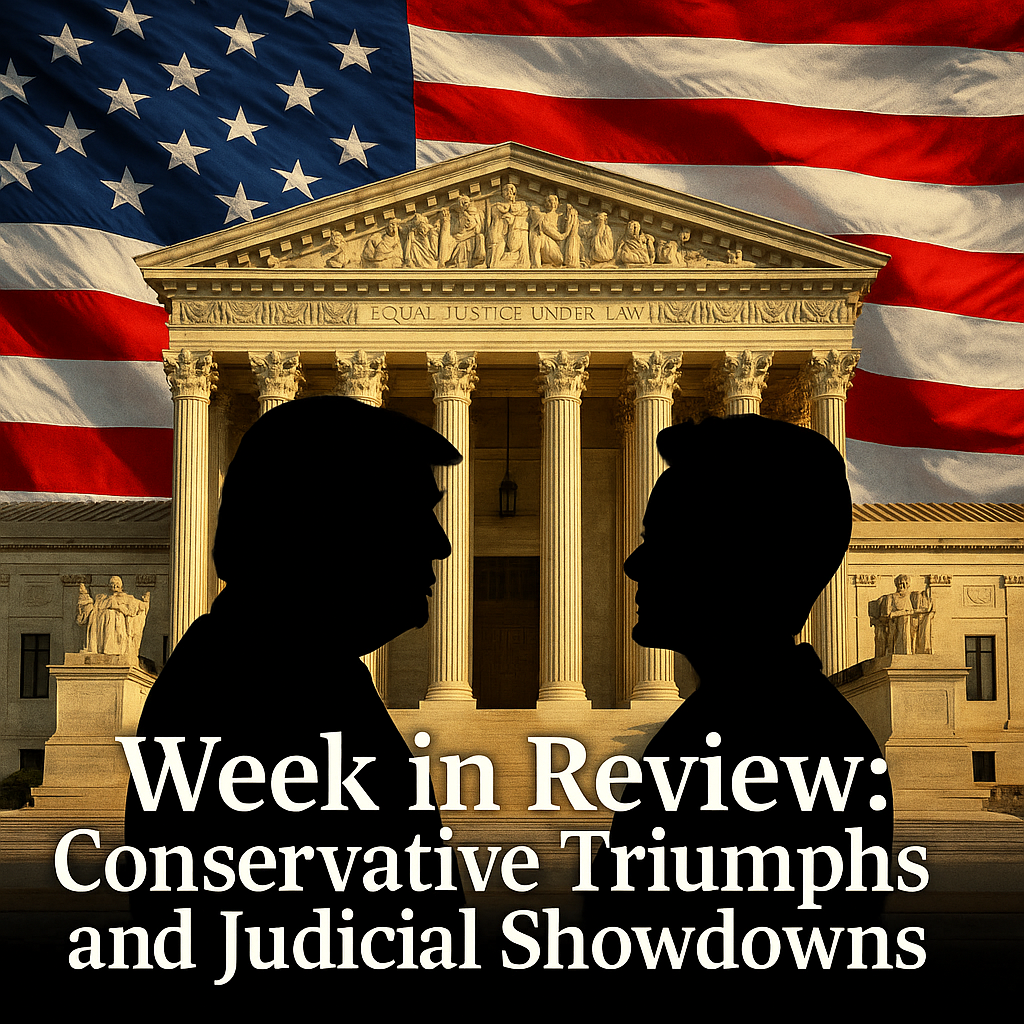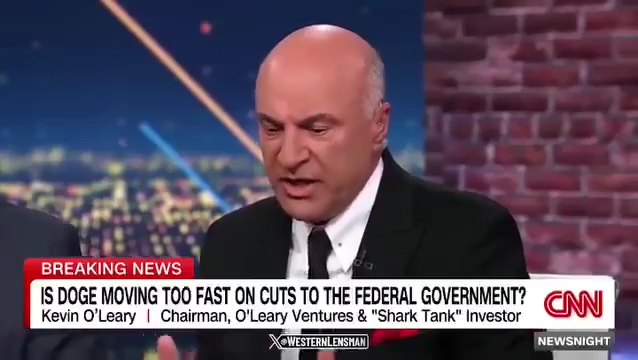A wave of alarm has surged through the conservative movement as Turning Point USA founder Charlie Kirk recently revealed a concerted effort among high-ranking GOP figures urging President Trump to support mass amnesty for an estimated 25 million undocumented immigrants. The implications of such a monumental policy shift—described by Kirk as “one of the greatest conservative betrayals imaginable”—resonated deeply with his audience.
Kirk disclosed during his podcast that two unnamed “establishment” Republicans contacted him shortly before Trump signed a major legislative package, encouraging a bipartisan “big amnesty deal.” Their argument, Kirk says, centered on fear of midterm electoral fallout due to aggressive deportations.
Stunned by the proposal, Kirk recounted: “Literally…the day before President Trump signed the big, beautiful bill, I got a couple of phone calls… They said, ‘We need mass amnesty…We’re going to lose the midterms…We need to come to the middle and legalize the 25 million people.’” He emphasized his shock: “I was speechless”.
Kirk called this initiative historically unprecedented in its scope—far surpassing comparisons to Reagan’s 1986 amnesty or recent tax policy debates. “It is happening RIGHT NOW in Washington, DC,” he asserted.
In a message on X, he warned that similar talking points—such as labor shortages and global starvation—were being recycled to rationalize sweeping amnesty.
Tensions intensified after Trump publicly signaled openness to legalizing farmworkers at a rally in Iowa. While praising his Chief of Staff Susie Wiles and Agriculture Secretary Brooke Rollins for highlighting the plight of long-term undocumented workers, Trump noted the harshness of deporting individuals who had been in the country for over a decade.
From a conservative Christian viewpoint, such messaging is gravely concerning. The concept of amnesty for so many undocumented people raises questions about national sovereignty, the integrity of immigration laws, and the stewardship of America’s resources. Rooted in biblical teaching, conservatives often emphasize lawful order (Romans 13) and wise governance—principles that seem incompatible with mass legalization measures that bypass legislative prudence and fair process.
The conservative grassroots movement—especially those aligned with Donald Trump—has traditionally insisted on strict border enforcement and limited immigration based on merit and rule of law. Kirk argued that the amnesty push undermines that platform. “We did not run on mass amnesty. We ran on mass deportation,” he emphasized, accusing influential insiders of trying to pivot Trump’s messaging and policy direction without grassroots consent.
Critics of Kirk’s assertion have yet to produce clear details on who exactly initiated the outreach, or the legislative framework envisioned. No names or memos have surfaced; only Kirk’s testimony and a video clip circulated on social media. Nevertheless, the narrative taps into broader anxieties: fears of elitist Republicans reshaping conservative orthodoxy to their preferences rather than the voters’.
The framing also amplifies a warning to Trump loyalists: stay alert. Kirk urged MAGA followers to hold Trump accountable to hardline immigration advisors like Stephen Miller and former ICE Director Tom Homan. He argued they must enforce the deportation-centered agenda that catalyzed Trump’s rise, rather than drifting toward a bipartisan compromise that includes broad amnesty .
Strategically, conservatives fear such an amnesty would redraft America’s future. A sudden status change for 25 million people—possibly increasing legal immigration pathways—could fundamentally reshape electoral demographics and dilution of cultural norms. Whether this strategy appeals to midterm pragmatism or betrays conservative values, Kirk portrays it as a dangerous gamble.
At its core, this conflict epitomizes the tug-of-war between political pragmatism and ideological consistency. Some Republicans see an amnesty deal as a necessary cost to appease moderates and maintain sway with agricultural and tourism sectors. Others, especially those with strong Christian conservative convictions, view immigration control as non-negotiable—a matter of national integrity and moral duty.
Security concerns loom large as well. Critics argue that mass legalization without strong vetting mechanisms could open pathways for crime, reduce incentives for lawful immigration, and strain public services—issues conservatives believe government must take seriously.
Kirk’s warnings reflect a broader trend: conservative media—and Christian conservative voices in particular—are increasingly vigilant against backroom compromises. Whether coordinating through influencers, faith leaders, or political operatives, their message is clear: amnesty on this scale would be a “betrayal” of the MAGA brand and its core supporters.
For its part, Trump’s camp has not officially embraced a full-scale amnesty. His Iowa remarks focused narrowly on agricultural workers—not the sweeping legalization of millions. But conservatives fear this rhetoric seeds broader policy shifts. The coming weeks and months may see intense pressure aimed at Trump: backroom phone calls, influencer campaigns, conservative media blitzes, and intensifying engagement from the grassroots.
In a democratic system committed to checks and balances, such mass pardon proposals usually undergo public deliberation, congressional debate, and careful constitutional scrutiny. Critics argue that circumventing these processes threatens both policy coherence and trust in government institutions. Conservatives anchored in Christian values and biblical worldview stress the importance of upright governance—where leaders act openly, hold institutions sacred, and adhere to justice (Micah 6:8).
With Kirk’s revelations gaining traction, the GOP will likely see divisions deepen between elites seeking electoral brinkmanship and rank-and-file conservatives who prioritize law, order, and national identity. For Trump, the coming challenge will be navigating these internal fractures—between appeasing establishment pragmatists or anchoring himself to the grassroots that propelled him to power.
Ultimately, this battle isn’t merely bureaucratic. It touches upon core convictions about America’s future: its borders, identity, and moral compass. As conservatives weigh their options, they must ask whether mass amnesty is a bridge to unity—or a path fraught with unintended consequences.





